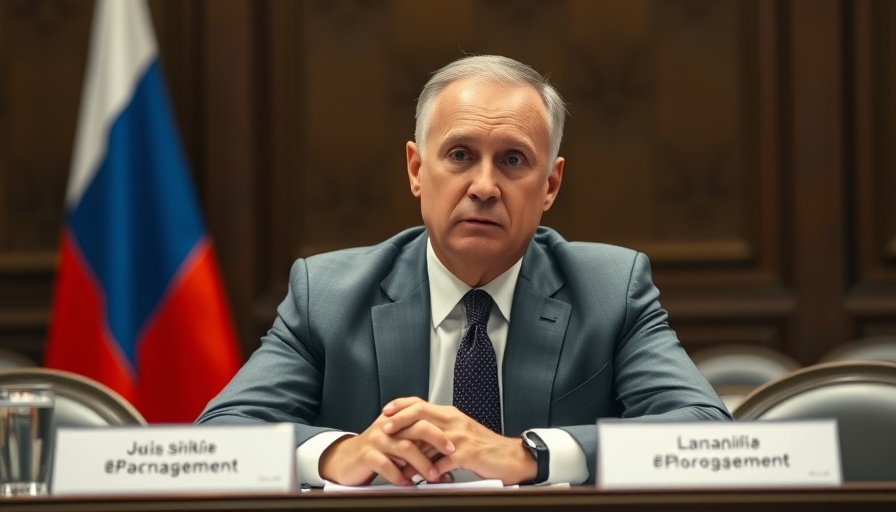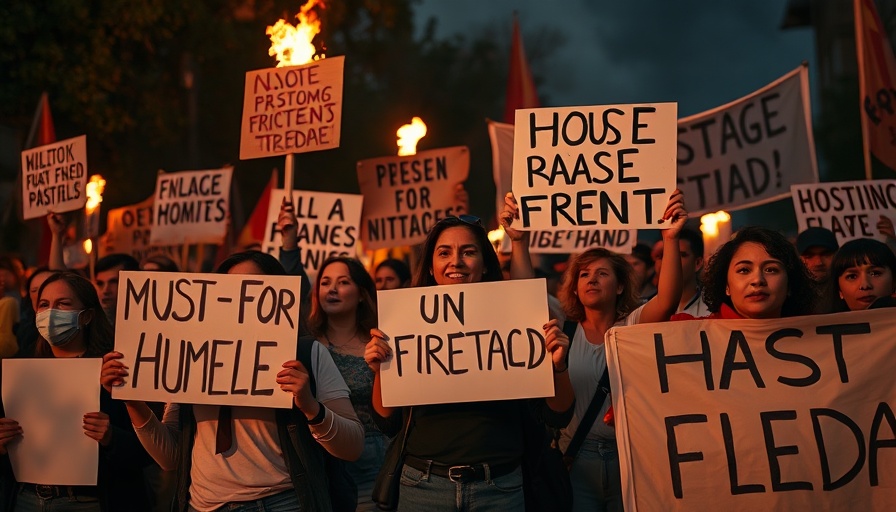
Putin Announces Temporary Ceasefire Amid Victory Day Events
In a significant move, Russian President Vladimir Putin has declared a temporary ceasefire set to last from May 8 to May 10. This declaration coincides with the 80th anniversary of Victory Day, a holiday commemorating the Soviet Union's triumph over Nazi Germany in 1945. The Kremlin’s announcement emphasized that this humanitarian truce is intended to halt all hostilities during this critical period.
According to the Kremlin's statement, Putin believes that Ukraine should also adhere to this ceasefire, warning of “adequate and effective” responses should the truce be violated. This call for a pause in the conflict aims to project a facade of goodwill amidst ongoing international scrutiny.
Zelenskyy's Response: Ceasefire Needs to Last Longer
Ukrainian President Volodymyr Zelenskyy has countered Putin's announcement by stating that there is "no reason to wait" until May 8 for peace. Zelenskyy criticized the Russian government for what he perceives as manipulation, claiming Putin’s intentions are more about securing silence for his military parade than genuine peacemaking. He advocated for an unconditional, significant ceasefire lasting at least 30 days to establish true security for the region.
The Implications of a Brief Truce
While the Kremlin's ceasefire might appear to be a step towards peace, Zelenskyy's comments underline skepticism about the intentions behind it. Given the volatility of the situation, a mere two-day pause could do little to foster trust. Historically, short-term truces and ceasefires in conflict zones are often seen as tactical moves rather than sincere efforts for lasting peace.
This disconnect highlights the broader narrative of the ongoing conflict in Ukraine, where both sides have faced immense challenges and loss. Understanding the true nature of ceasefire declarations requires a careful assessment of actions versus words on the international stage.
 Add Row
Add Row  Add Element
Add Element 



Write A Comment